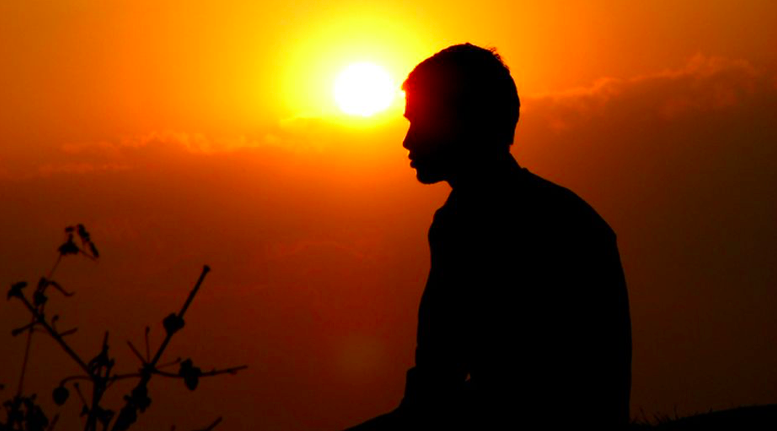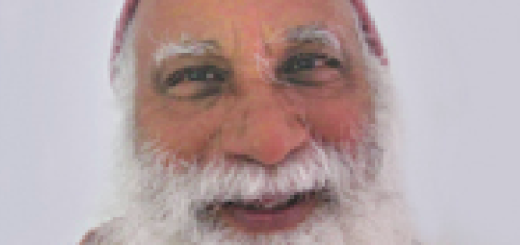How one exits and enters life The last journey

Editorial, in the Statesman, June 18, 2017
 (Note: Normally you need helping hands for entry and exit from life. The first is at birth, the second at death. In a civilized world, the assumption is that helping hands would be there, when you can’t even ask for it, but many a time they are absent unfortunately. Here we are dealing with the many instances of exit of the financially poorest of the poor from our midst. The article below speaks of three instances of the penniless Lazaruses, in three different states in India: Odisha, Bihar and UP.
(Note: Normally you need helping hands for entry and exit from life. The first is at birth, the second at death. In a civilized world, the assumption is that helping hands would be there, when you can’t even ask for it, but many a time they are absent unfortunately. Here we are dealing with the many instances of exit of the financially poorest of the poor from our midst. The article below speaks of three instances of the penniless Lazaruses, in three different states in India: Odisha, Bihar and UP.
Due to the intolerable inhuman and brute behaviour of the state institutions, community members and leaders to provide a mortuary van, the minimum courtesy to a poor dead person in Bihar with no money, he had to carry the dead body of his wife as a pillion on his scooter. In Odisha a penniless man had to carry the corpse of his wife on his shoulders for 10 kilo meters and in UP a father in similar situation had to carry the dead body of his teen aged son for burial. In the second instance the hospital asked the poor man to shell out Rs.2500/- or make his own arrangements. How could this happen in a country which prides itself to be living in an advanced internet world?
Humane human fellow feelings have fled from the hearts of people connected to the 3 instances cited above. But what about each one of us. How would each one of us act or have acted in each of the above circumstances? In examples cited, blame may be placed at the door of illiteracy and ignorance of the people of the place. But what about us who call ourselves enlightened and educated — the social, cultural, political and religious people in the forefront of society? How are burials of well-known moneyed people are done, of politicians and religious leaders?
Even in the cases of religious leaders prominent and eye catching monuments are erected for them. Compare the examples of people who died at the recent London fire and the hundreds of the victims of terror, war or those who get drowned in sea while searching for asylem. A Pope Fracis thinks of them and speaks for them. The burial ground is to be the living example where all manmade inequalities should be wiped out. At lease there, let us not make noises to erect Taj Mahals to proclaim our financial eminence. james kottoor, editor)
Man's inhumanity to man is a recurrent theme not merely on celluloid, but even in Odisha and Bihar, two predominantly backward states in a still rather delusory Digital India. The National Human Rights Commission has cracked the whip on the Bihar government after a husband had no option but to carry the body of his wife on a motor-cycle ~ holding it as a pillion rider! ~ after a government hospital in Purnea district failed to provide a mortuary van. The administration in Patna has been put on notice by the NHRC; the level of degradation that a human being was made to suffer is an echo of a not dissimilar development in Odisha's Kalahandi district last August. There too, a certain Dana Majhi had to carry his wife's body on his shoulder for a distance of 10 km when he was denied conveyance by the government hospital authorities.
Bihar being Bihar, it has almost consciously violated the right to life and dignity, prompting the NHRC to take suo motu notice of a woman's last journey and the manner thereof. It is a measure of the sclerosis that plagues the public health system that the district hospital in Purnea reportedly demanded a hefty sum from the poor labourer for a hearse.
As he was unable to shell out Rs.2,500, he was asked to make his own arrangements, which alas turned out to be an affront to the human condition. The incident confirms the hospital's inhuman negligence and lack of elementary infrastructure, let alone sensitivity. Indeed, the remarkable insensitivity towards death and bereavement in Bihar and Odisha is far worse than the callous indifference towards patients in state hospitals. And it is fervently to be hoped that Bihar's Chief Secretary, who has been asked by NHRC to furnish a report within four weeks, will not resort to an exercise in covering up the underbelly of the state's health administration.
It is the definition of "own arrangements" that calls for reflection not merely by the government but by civil society in the larger perspective. The Purnea civil surgeon's claim that the hospital lacks a mortuary van will cut no ice. One should imagine that the vehicle is part of the basic infrastructure in a state healthcare establishment. The lacuna needs immediately to be addressed if the alternative is indignity and worse.
It is cause for alarm that the canker has spread to Uttar Pradesh as well, where a father had to carry his teenaged son's body on his shoulder when denied a hearse by a hospital in Etawah district. While the videos on such incidents ~ whether in Odisha, Bihar or UP ~ invariably go viral, recurrence is inevitable in the absence of action.
















